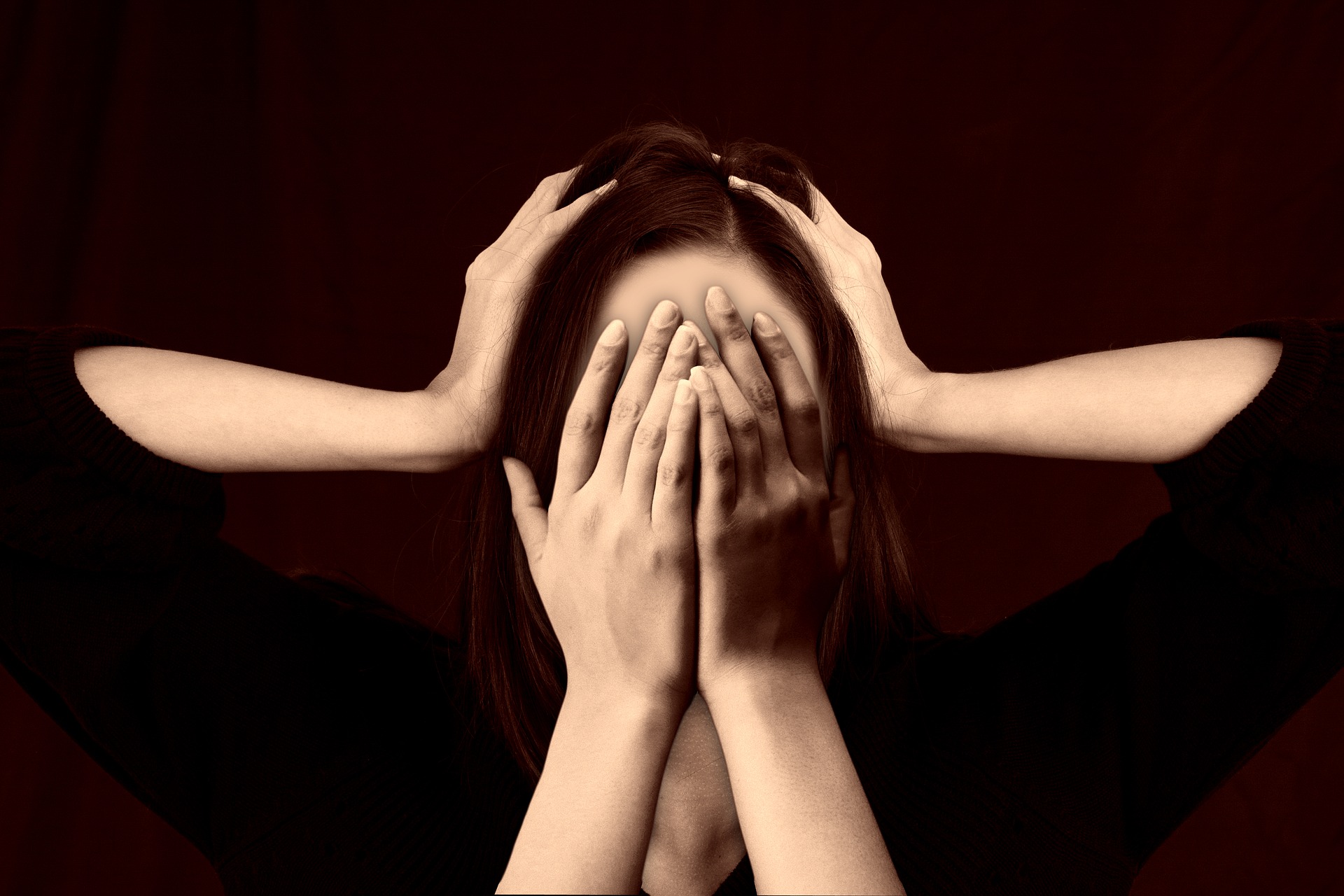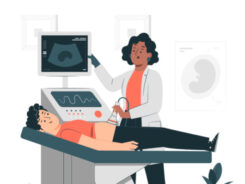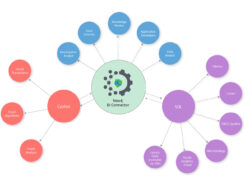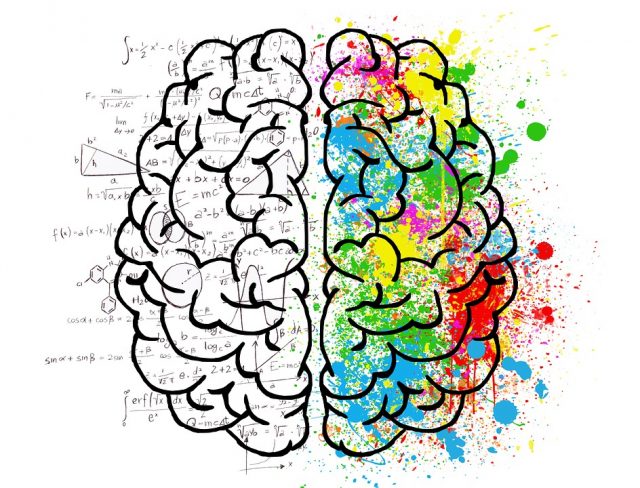Our thoughts condition a lot of our mental health. The practice of certain habits of thought and resistance to change create our reality. There is a reality out of our being and, in truth, we do not interact with it. The only reality with which we really live is a simulation created by our brains through our thoughts and which can get closer, to a certain extent, to the external reality.

In theory, the less biased our thoughts are, the closer we get to the truth. The problem is that we have been educated with generalizations, prejudices, and dichotomies that make us move away from the real world. Thinking is like breathing: we do it without realizing it, but we cannot believe everything we think. It is estimated that only 20% of our thoughts materialize.
Human beings have thoughts that do not correspond to the reality of the moment or situation; these thoughts are called distorted or irrational thoughts. These are ideas that come to our heads and that prevent us from seeing the ultimate reality of things; they often mislead us and this directly and largely influences our emotional state.
The interpretations of reality are those that push us to be stable or emotionally unstable people, more than reality itself. What we think of ourselves and our experience is what really creates anxiety and/or depression problems, so present in our societies: reality itself is not the source of these disorders. Two people who face a certain situation can live it and understand it in a different way, discovering that thoughts are those that ultimately create reality.
If you want to change, change your thoughts
Psychology bases some of its therapies on substituting irrational thoughts by others that better fit the real facts. Learning how to transform irrational thoughts into rational thoughts is the main axis of thought adjusted to reality. It’s is true that some people will never change but there are facts behind because they are afraid of change. People who are able to change these thoughts can have a great deal of control over their emotions and are able to make more accurate decisions.
One of the most commonly used clinical techniques for changing disordered thoughts is that of the debate, in which the patient is taught to modify his or her beliefs through questions formulated by rational parameters, until that he is able to create much more adaptive alternative thoughts. Ultimately, the goal is for the patient to be able to substitute or polish thoughts autonomously.
Even if the circumstances are complex, such as those that can occur during a separation or a breakup, these situations will not improve thanks to our thoughts. In difficult situations, our room for action is more to intervene in our thoughts than in our own reality.
Surround yourself with positive people, positive energies
These people who make you laugh, who make you feel good, who make you feel like you are refueling every time you go to them are the ones you have to find out for. Just like negativity, the positive spirit is contagious, as much as to seek what is most profitable, the most pleasant.
Change your point of view
The positive thinking must often make their way into the most volunteers minds because they have become used to cultivate negativity, see black, detect the smallest defects and not to see it. Change your point of view, adopt a positive vision, stop seeing only what is wrong, learn to discover and appreciate what works. Think about what you can do rather than what you cannot do. Use the affirmations rather than the negations. You will thus become accustomed to thinking in terms of possibilities rather than in terms of restrictions, gaps, etc.
Make your imagination work
Positive thinking is also a positive visualization. Learn how to put images on what you say, what you want to accomplish. By imagining yourself acting, thinking positively, you will reprogram your mind so that it works in this way and you will make it a new habit, deeply rooted in you.
Meditate
By taking the time to see yourself, to discover more deeply who you are, you will see how much negativity is embedded in you. You will also discern, after a little while, that you are not this negativity, that it has been added to you but that you can think otherwise. You will also see who you are, with its strengths, its weaknesses, its enormous potential.
How to think in a healthy and rational way?
Events do not cause emotional and behavioral problems: these are caused by the beliefs that underlie interpretations of these problems. One of the basic aspects to emphasize is the distinction between rational beliefs and irrational beliefs.
Thinking rationally means thinking in relativity, expressing oneself in terms of wishes and tastes (I would like, I would prefer, I would like …). When people think in a healthy way, even when they do not get what they want, the negative feelings that these situations generally do not prevent them from reaching new goals or goals.
And, on the contrary, to think dogmatically and absolutely makes us express ourselves in terms of the obligation, need or requirement (I must, I am obliged, etc.). The impossibility of satisfying them causes inappropriate negative emotions (depression, guilt, anger, anxiety, fear) that interfere with the achievement of goals and cause behavioral changes such as isolation, avoidance or flight and abuse. toxic substances.

















































































